Found 11 movies, 0 TV shows, and 0 people
Can't find what you're looking for?
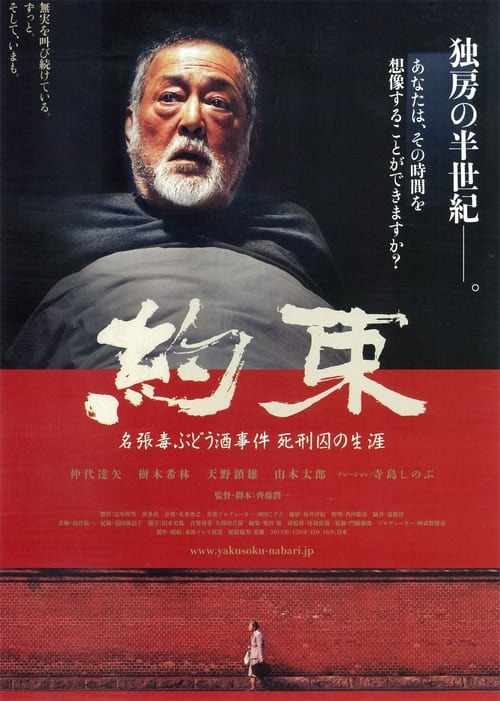
Masaru Okunishi is a prisoner who has been on death-row for over 40 years. In 1961, 5 women died from drinking poisoned wine in a small village gathering in Nabari City in Mie Prefecture. After his arrest, he appealed his innocence on the grounds that the police coerced his confession. He was found not guilty in the first trial. However, it was overturned and he received a death sentence in the second trial, which was upheld by the Supreme Court in 1972. Since then, Okunishi has continuously appealed for retrial, fighting against the horror of capital punishment. This TV dramatization of the Nabari Poisoned Wine Case depicts Okunishi in an isolated cell, his mother’s unwavering belief in his innocence, and the effort of people who have rallied to Okunishi’s defense.

On the 30th of June, 1966, in a small country-side town in Japan, four members of the Hashimoto family are stabbed and burnt to death in their family home. The savagery of the crime shakes the country and shortly after, 30-year-old retired boxer Iwao Hakamada is arrested, convicted and sentenced to death. Despite a lack of evidence, Hakamada would remain on death row for almost half a century before being granted a retrial in 2014.
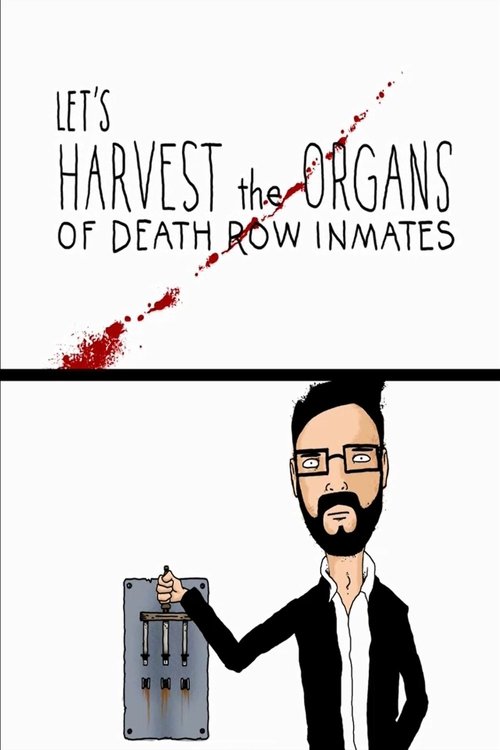
In 2008, 37 death row inmates were executed. None of their organs was donated. Now consider that there are currently 2,775 people on the waiting list for a heart transplant. Graeme Wood makes the case for harvesting healthy organs from death row inmates.

In this film, people facing death or lives of extreme privation share their warmest memories and describe the good deeds they’ve done while living under the most difficult of circumstances imaginable. This intimate portrait offers a window, through their words only, into the inner lives of men and women living in maximum-security penitentiaries across the United States, most of whom are incarcerated on Death Row.
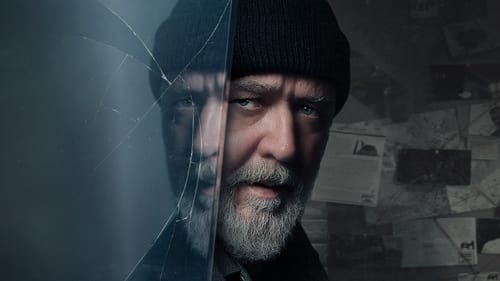
Roy Freeman, an ex-homicide detective with a fractured memory, is forced to revisit a case he can't remember. As a man's life hangs in the balance on death row, Freeman must piece together the brutal evidence from a decade-old murder investigation, uncovering a sinister web of buried secrets and betrayals linking to his past. With only instincts to trust, he faces a chilling truth - sometimes, it's best to let sleeping dogs lie.
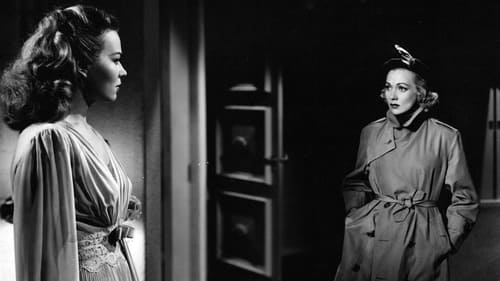
Angered that her sister Celia has stolen her fiance, Dell Faring kills her and allows Celia's husband David, knocked out in an argument with Celia, to take the blame and end up on death row. Later Dell, finding out that David's young daughter Susan was witness to the crime and is undergoing psychiatric treatment, plans to eliminate her before her memory returns.

Famed forensic psychiatrist Dr. Jack Gramm enjoys a reputation as one of the most sought-after profilers around. His expert testimony has resulted in the conviction of many criminals, including serial killer Jon Forster. On the eve of Forster's execution, one of Gramm's students is murdered in a vicious copycat crime, and Gramm himself receives an ominous message informing him that he has less than 90 minutes to live.
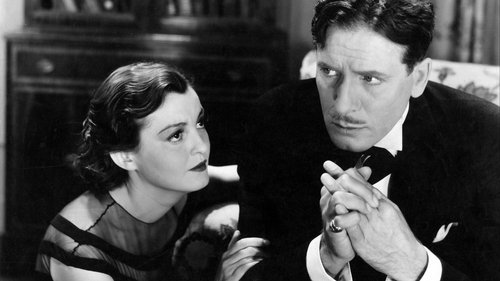
Nora Moran, a young woman with a difficult and tragic past, is sentenced to die for a murder that she did not commit. She could easily reveal the truth and save her own life, if only it would not damage the lives, careers and reputations of those whom she loves.
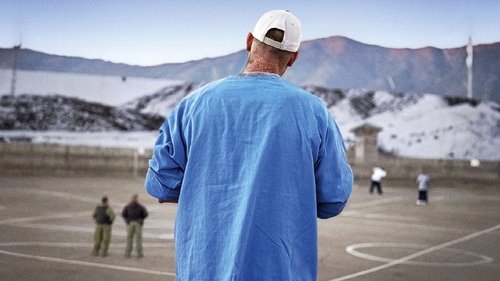
French visual artist-director JR (co-director of the Oscar-nominated documentary FACES PLACES with the legendary Agnès Varda) situates his latest social-art intervention in a Southern Californian supermax prison, where he has imagined an enormously ambitious collaboration with the facility’s inmates.

The documentary tells the hitherto unknown story behind an extraordinary and desperate fight to bring the truth to light. Told and made by those who lived it, the filmmakers' unprecedented access to the inner workings of the defense allows the film to show the investigation, research, and appeals process in a way that has never been seen before; revealing shocking and disturbing new information about a case that still haunts the American South.
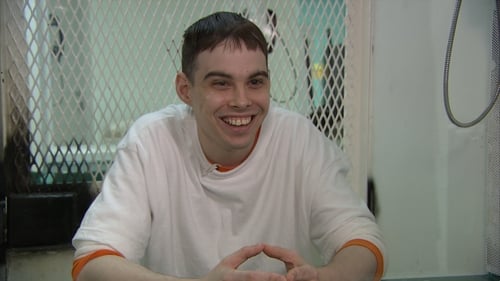
We do not know when and how we will die. Death Row inmates do. Werner Herzog embarks on a dialogue with Death Row inmates, asks questions about life and death and looks deep into these individuals, their stories, their crimes.